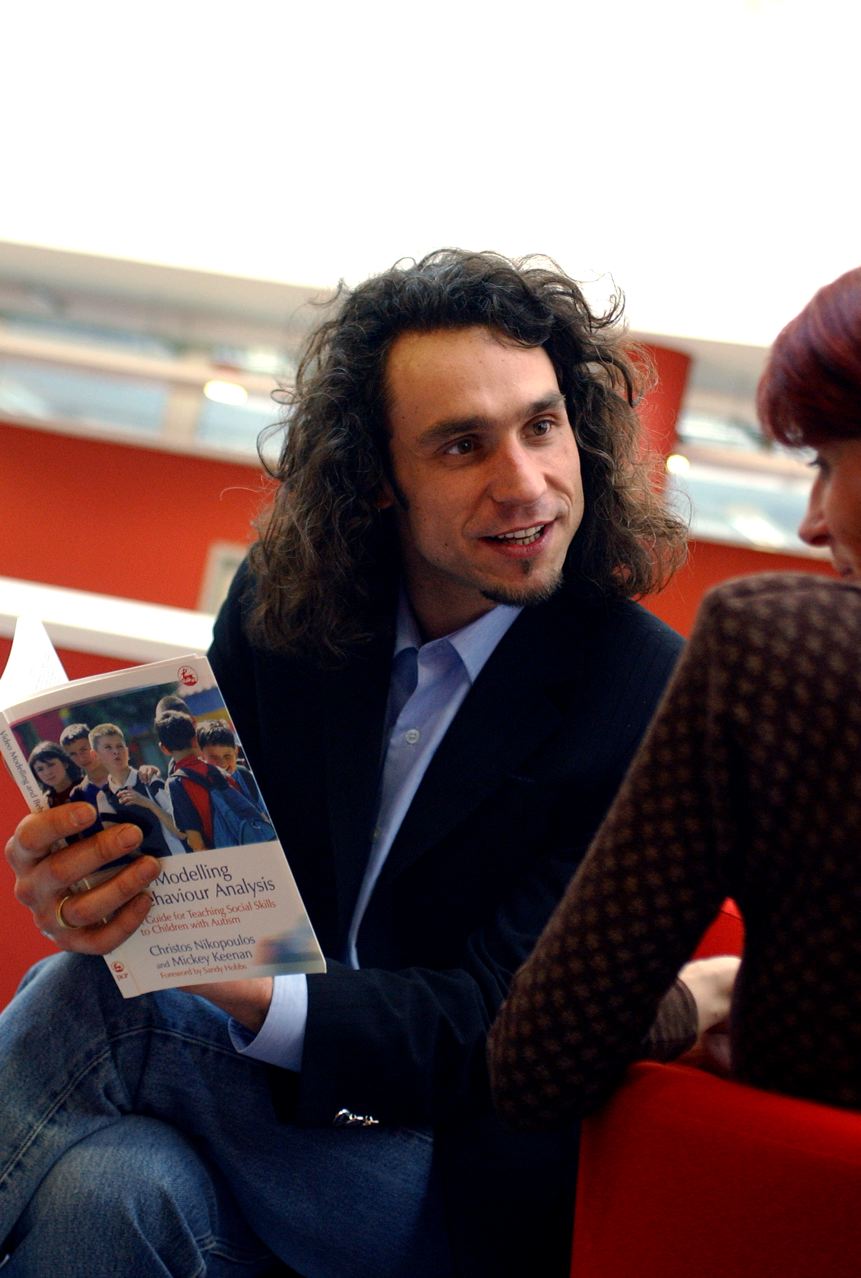How do you describe your job when you meet people at a party?
At a party, there is a tendency not to ‘discuss’ any issue from a ‘serious’ perspective. I usually try to keep things as much simple as possible and I may typically say that I am just an academic with an interest in the treatment of children with autism
What is ‘cutting-edge’ about your work?
To change the way that students think about what constitutes scientific evidence
What are the biggest implications your work will/could have in the future?
As a researcher in the field of autism, I would like to see a brighter future for both the children with this condition and their families irrespectively of whether my work has manages to successfully contribute to this
How well is your job compensated? What is the starting salary for your field, and how much can this be expected to rise?
It is difficult to say whether my job - at least the way that I view it - is well compensated or not. This is because as a (behavioural) scientist I am so dedicated to my role in the society and I could not estimate how much this passion would worth!
What’s the biggest achievement of your career so far?
Whenever I am approached by either a parent of children with autism or a student who express their gratitude to me because I managed to shape some aspects of their lives, I regard such an occasion each time as my biggest achievement

